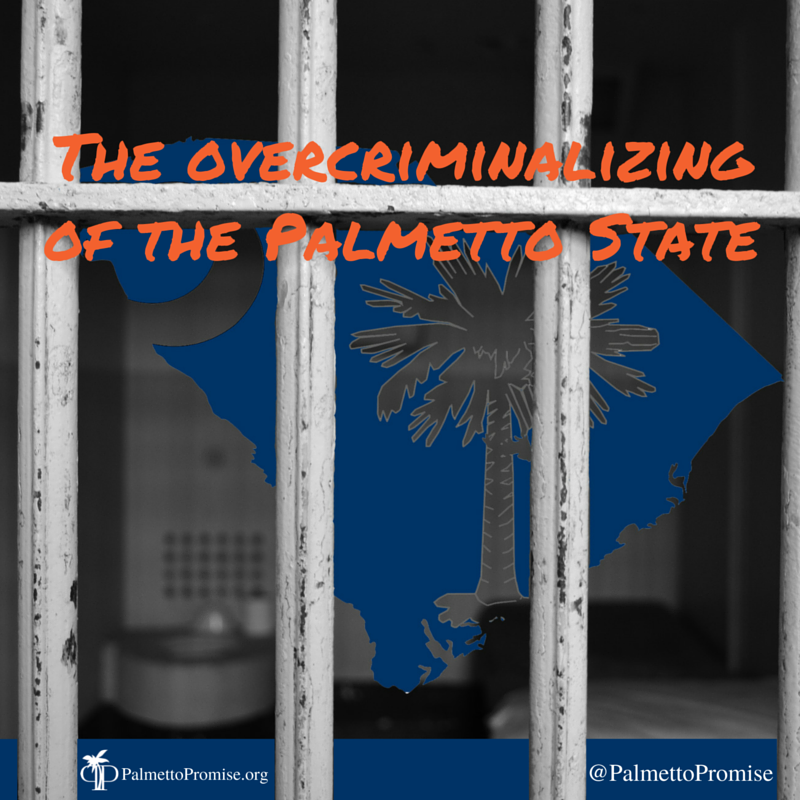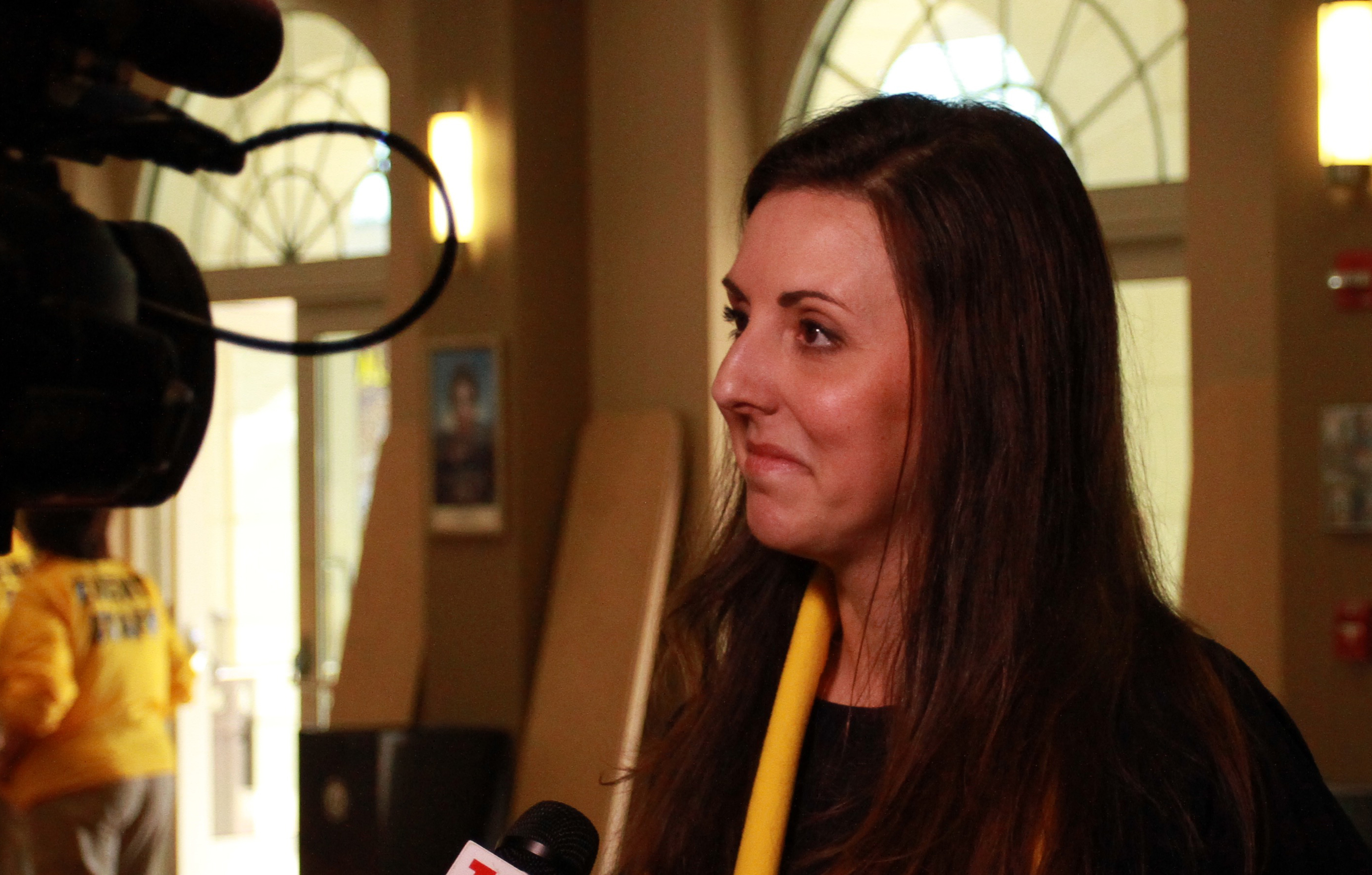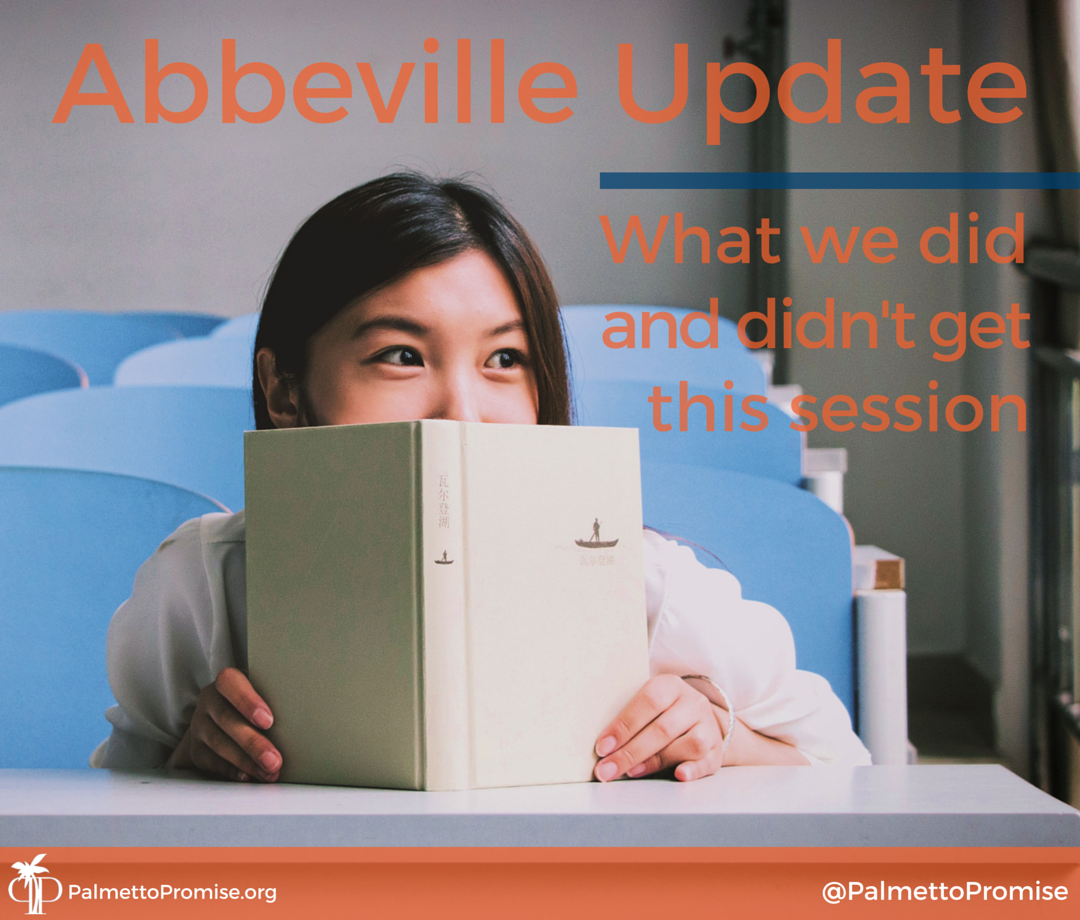Wait, I’m A Criminal?
Imagine that I’ve finally summoned the courage to make a risky, long-overdue move—getting a good ole-fashioned tattoo on my neck (very small and tasteful, of course). To justify this admittedly dicey decision, I decide to dedicate the tattoo to my sweet fiancée, Rebecca, with the hope that she won’t be quite so upset when she sees it. But in South Carolina, it’s not just Rebecca’s anger that I might have to worry about.
Or how about a real life story. One Saturday in August, 2014 was particularly hectic day for Danielle, a woman from North Augusta, SC.[i] Danielle, along with her husband and two young daughters, took a quick grocery trip to their local Kroger. It had already been a long day, so Danielle’s husband picked up a few frozen pizzas to brighten up the evening. But while piling them into the cart, he threw the pizzas on top of a loaf of bread, smashing it. This was just too much for Danielle, who let a choice word fly to tell her husband exactly what she thought of his carelessness. Thinking she had used the foul language to reprimand her daughters, a concerned shopper began to lecture Danielle. And when Danielle left the lecture early, the fellow shopper called the police who then met Danielle in the parking lot. After a few minutes of questioning, Danielle was placed under arrest, taken to the local jail, and booked.
By now, you’re probably wondering “what’s the connection between these two stories?” Well it’s quite simple—in South Carolina, we’re both criminals!
You see, in South Carolina it’s illegal to get a tattoo on the neck or face.[ii] It’s also illegal for a man to not marry a woman he has promised to marry.[iii] And unfortunately for Danielle—although we certainly don’t advocate using profanity—it’s criminal in North Augusta, SC to curse in a public parking lot.[iv]
In its recent paper, Overcriminalizing the Palmetto State: A Primer and Possible Reforms for South Carolina, the Manhattan Institute demonstrates that our criminal code is chock-full of petty, duplicate, and potentially harmful criminal statutes. With over 550 sections, South Carolina’s penal code exceeds the American Law Institute’s Model Penal Code by over 400 sections.[v] With page after page…after page jammed with crimes, it’s no wonder so many irrelevant and inappropriate laws exist.
But the quantity of codified crimes is only half of the problem; indeed, countless criminal activities lie within bureaucratic “catchall provisions” and outside the codified penal code, making it nearly impossible for a common citizen to know and understand the laws.[vi] To make matters worse, South Carolina also adds the bureaucratic-flavored crimes at an alarming rate: to the tune of eighty-six percent of the new crimes being classified outside the penal code.[vii]
What really makes this situation dangerous? Most of these newly promulgated crimes omit the all-important mens rea (willful intent) standard.[viii] A mens rea provision requires authorities to have proof of the suspect’s knowledge of the law and intent of committing the crime. This is critical to the protection of South Carolinians—like you, like Danielle, like small businesses—because without a mens rea provision, any individual or business can be charged with committing a crime even if they had no intention of breaking it or had no idea of it.
[popuppress id=”3155″]
South Carolina finds itself in a precarious situation. With the plethora of crimes, the high volume of crimes being added by unelected officials, and the lack of mens rea provisions, South Carolinians are faced with many adverse effects, including:
- The inability to know and understand the penal code
- The creation of economic barriers to entry due to burdensome licensing and bureaucratic regulation
- The real possibility of being prosecuted for a crime committed unintentionally
- The loss of personal liberty
- The harming of personal reputation
- The diversion of police resources away from the enforcement of serious crimes
The South Carolina legislature had the problem on its radar. In 2010, the Omnibus Crime Reduction and Sentencing Reform Act[ix] was enacted to counteract the exponential increase in prison sentences and costs associated with more prison inmates. Recently, however, very little emphasis has been placed on finishing the job to clean up the penal code to protect South Carolinians.
The authors of the report suggest three steps[x] to place South Carolina on the path toward a safer, more practical penal code:
- Create a bipartisan legislative task force.
Conduct hearings and set guiding principles for lawmakers when creating new criminal offenses, with an emphasis on organizing and clarifying criminal laws for state residents. - Create an independent commission to review South Carolina’s criminal laws.
Consolidate, clarify, and optimize the state’s current criminal statutes. - And enact a default mens rea
Ensure that being convicted of a crime requires a showing of intent—unless the legislature clearly specifies otherwise.
Common sense – not to mention tight budgets – shout for penal code reform. Our legislature should take the time and effort to comb through our penal code, remove duplicate and absurdly out-of-date laws, and insert a default mens rea clause. These efforts will make the Palmetto State a better place to live by protecting South Carolinians and creating a reasonable regulatory climate where hard-working entrepreneurs can flourish and help grow our economy.
[ii] South Carolina Code of Law. SECTION 44-34-100.
[iii] South Carolina Code of Law. Section 16-15-50.
[iv] Code of Ordinance, North August, SC
[v] “Overcriminalizing the Palmetto State.” P. 5
[vi] “Overcriminalizing of the Palmetto State.” P. 6
[vii] “Overcriminalizing the Palmetto State.” P. 6
[viii] “Overciminalizing the Palmetto State.” P. 7
[ix] The Omnibus Crime Reduction and Sentencing Reform Act of 2010




